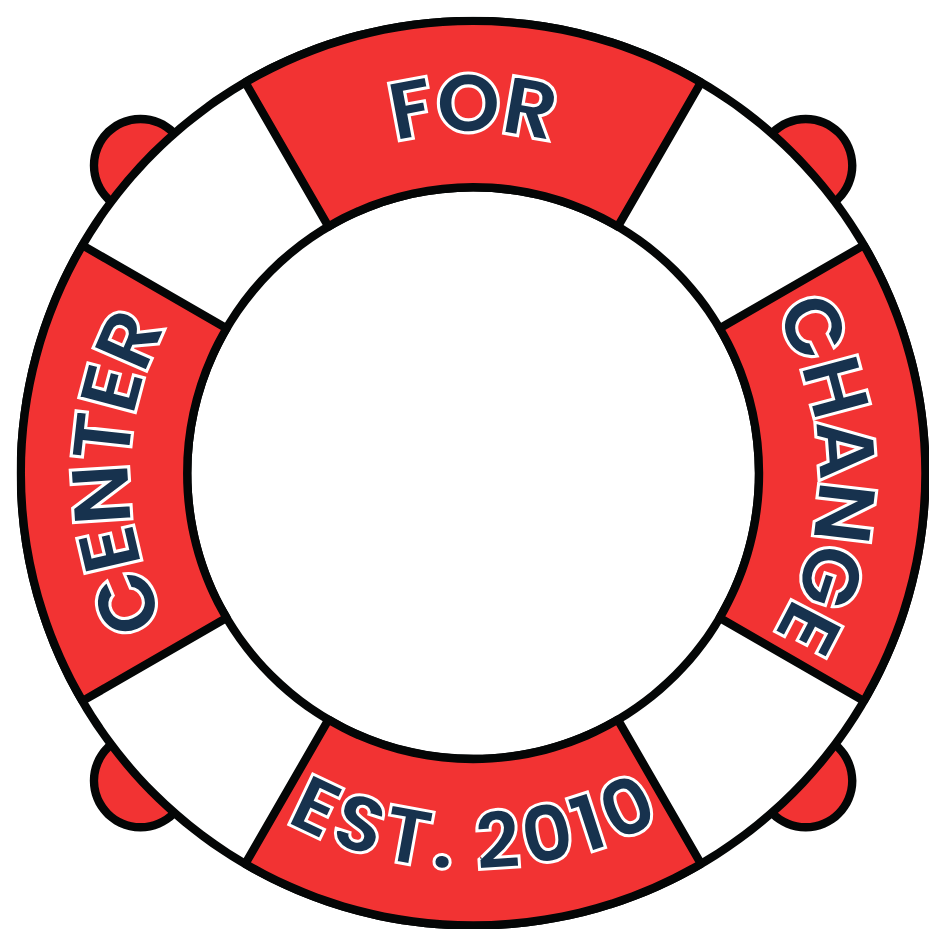The Role of Nutrition in Addiction Recovery
Nourishing the Body and Mind at Center for Change
Nutrition plays a vital role in addiction recovery, supporting both physical and mental health. Substance use can deplete the body of essential nutrients, leading to various health issues and impeding the recovery process. At Center for Change in Wichita, KS, we emphasize the importance of proper nutrition as part of our holistic approach to treatment. By nourishing the body and mind, we help clients build a strong foundation for lasting recovery.
The Impact of Addiction on Nutrition:
Addiction often leads to poor dietary habits and nutritional deficiencies. Common impacts include:
- Malnutrition: Substance use can suppress appetite and lead to malnutrition. Individuals may neglect their dietary needs, resulting in deficiencies of essential vitamins and minerals.
- Digestive Issues: Substance use can damage the digestive system, impairing the body's ability to absorb and utilize nutrients. This can lead to gastrointestinal problems and further nutrient deficiencies.
- Immune System Weakness: Poor nutrition weakens the immune system, making individuals more susceptible to infections and illnesses.
- Mental Health: Nutritional deficiencies can affect mental health, contributing to symptoms of depression, anxiety, and cognitive impairments.
The Importance of Nutrition in Recovery: Proper nutrition is essential for supporting the body's healing processes and promoting overall well-being during recovery. Benefits of good nutrition in addiction recovery include:
- Physical Health Restoration: A balanced diet helps restore physical health by replenishing essential nutrients and repairing damage caused by substance use.
- Improved Energy Levels: Proper nutrition provides the energy needed to participate in daily activities, therapy sessions, and exercise.
- Enhanced Mental Health: Nutrients such as omega-3 fatty acids, vitamins, and minerals play a crucial role in brain function and mental health. A healthy diet can improve mood, reduce anxiety, and enhance cognitive function.
- Strengthened Immune System: Good nutrition supports the immune system, helping the body fight off infections and illnesses.
- Cravings Management: Certain nutrients can help stabilize blood sugar levels and reduce cravings for substances.
Nutrition Services at Center for Change: At Center for Change, we incorporate nutrition education and counseling into our treatment programs to support clients' overall well-being:
- Nutritional Assessments: We begin with a comprehensive nutritional assessment to identify any deficiencies and dietary habits that need improvement. This assessment helps us create personalized nutrition plans tailored to each client's needs.
- Personalized Nutrition Plans: Based on the assessment, we develop individualized nutrition plans that include balanced meals, healthy snacks, and dietary recommendations. These plans focus on providing the essential nutrients needed for physical and mental health.
- Nutrition Counseling: Our nutrition counselors work with clients to educate them about the importance of healthy eating and how to make nutritious choices. Counseling sessions cover topics such as meal planning, grocery shopping, and cooking healthy meals.
- Holistic Support: In addition to nutrition counseling, we offer holistic therapies such as mindfulness, yoga, and exercise programs to support overall well-being. These practices complement proper nutrition by promoting physical fitness, stress management, and mental health.
Tips for Maintaining a Healthy Diet in Recovery:
Maintaining a healthy diet is crucial for sustaining recovery. Here are some tips to help you make nutritious choices:
- Eat Balanced Meals: Include a variety of fruits, vegetables, whole grains, lean proteins, and healthy fats in your meals to ensure you get a range of essential nutrients.
- Stay Hydrated: Drink plenty of water throughout the day to stay hydrated and support your body's functions.
- Plan Ahead: Plan your meals and snacks in advance to avoid unhealthy choices and ensure you have nutritious options available.
- Avoid Processed Foods: Limit your intake of processed and sugary foods, which can contribute to cravings and negatively impact your health.
- Listen to Your Body: Pay attention to your hunger and fullness cues, and eat when you're hungry rather than relying on strict meal schedules.
Success Stories, and Nutrition in Recovery: Many clients at Center for Change have experienced the benefits of proper nutrition in their recovery journey. One client shared how improving their diet helped them feel more energetic and focused during therapy sessions. Another client found that nutritional counseling helped them develop healthier eating habits, reducing their cravings and supporting their overall well-being.
Nutrition plays a crucial role in addiction recovery, supporting both physical and mental health. At Center for Change, we emphasize the importance of proper nutrition as part of our holistic approach to treatment. By nourishing the body and mind, we help clients build a strong foundation for lasting recovery. Contact us today to learn more about our nutrition services and start your journey to a healthier, happier life.





